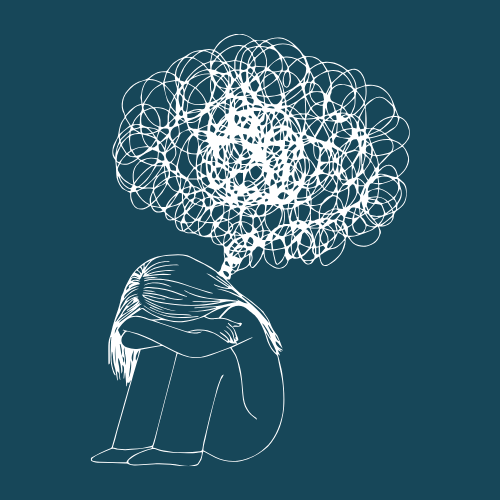

Top 5 Signs You Might Benefit from Telehealth Therapy in Florida
Feeling stuck, anxious, or overwhelmed by life changes? You’re not alone. This post breaks down 5 clear signs you might benefit from telehealth therapy in Florida, and how virtual counseling can help you feel more grounded, supported, and in control.


Depression Myths vs. Facts: Dispel Common Misconceptions Surrounding Depression
"Depression Myths vs. Facts" delves into the prevalent misconceptions surrounding depression, aiming to debunk harmful myths and promote a better understanding of this complex mental health condition. By addressing common fallacies, such as considering depression a passing phase or a sign of weakness, the post emphasizes the necessity of destigmatizing mental health struggles. It underlines the significance of encouraging individuals to seek professional help and support, emphasizing that depression is not simply a matter of "mind over matter" but a multifaceted issue requiring comprehensive, personalized treatment. The post advocates for fostering a compassionate and supportive environment to create a space where individuals can feel comfortable and empowered to confront their mental health challenges with understanding and empathy.

Understanding the Basics of Depression: Causes, Symptoms, and Types
Depression is a complex and pervasive mental health condition that affects millions worldwide. At its core, depression is characterized by a persistent feeling of sadness, hopelessness, and a loss of interest in once-enjoyable activities. It can manifest as a range of emotional, cognitive, and physical symptoms, including changes in sleep patterns, appetite, and energy levels. While the exact causes of depression remain multifaceted, factors such as genetics, brain chemistry, life events, and environmental influences all play a role. Understanding the basics of depression is essential, as it is a treatable condition, and early intervention through therapy, medication, or lifestyle changes can significantly improve one's quality of life.

Understanding Social Anxiety: Breaking the Silence
Do you ever find yourself dreading social gatherings, feeling like everyone's eyes are fixed on you, scrutinizing your every move? Or perhaps you've experienced that racing heart, sweaty palms, and an overwhelming urge to escape when faced with a room full of strangers? If you nodded in agreement, you're not alone. Social anxiety is more common than you might think, and it can be incredibly challenging to navigate.

What is Anxiety?
Anxiety is a common human experience. It's that jittery feeling you get before a big presentation, the racing heart when you're in a tense situation, or the constant worrying about what might go wrong in the future. But anxiety is more than just everyday nerves; it's a complex and sometimes overwhelming emotion that can impact our lives in various ways. In this article, we'll delve into the world of anxiety, exploring its definition, types, symptoms, causes, and how to manage it effectively.

What are Mental Health Counselors?
Mental health counselors are the unsung heroes of our emotional well-being, the compassionate guides who help us navigate the labyrinth of our minds. They are the listeners who don't just hear our words but truly understand our feelings, offering a safe space where our struggles and triumphs are met with empathy, not judgment. These dedicated professionals possess a unique blend of expertise and genuine care, serving as beacons of hope in our darkest moments and partners in our journey toward mental and emotional resilience. If you've ever wondered who stands by your side when life's challenges seem overwhelming, it's the mental health counselors who illuminate the path to healing and self-discovery.

The Transformative Power of Exercise: Elevating Mental Health
In today's fast-paced environment typified by stress, anxiety, and a constant flow of information, the goal of total well-being has taken center stage. Exercise is a crucial tool that stands out in this endeavor. Exercise is now widely acknowledged as a significant technique for promoting mental health as well as physical health. This article contends that society as a whole should recognize and capitalize on the good impacts of exercise on our mental health.

